JAK/STAT Signaling

Various ligands including cytokines (e.g. interferons and interleukins), hormones (e.g. erythropoietin and growth hormone) and their cell surface receptors activate JAK proteins, which autophosphorylate, and then phosphorylate the receptor. Subsequently, JAKs phosphorylate a specific tyrosine residue on the STAT protein, promoting dimerization via SH2 domains. The activated STATs form homo-/heterodimers and translocate to the nucleus to trigger target gene transcription. In addition, suppressors of cytokine signaling (SOCS) family inhibit receptor signaling via homologous or heterologous feedback regulation. Dysregulation in JAK/STAT signaling is associated with diseases such as atherosclerosis, immunodeficiencies and cancer.
-
 B8534 BP-1-102Summary: 一种口服的、有效的和特异的STAT3抑制剂
B8534 BP-1-102Summary: 一种口服的、有效的和特异的STAT3抑制剂 -
 B8518 Tyrphostin AG30 (AG30)Summary: 有效和选择性的EGFR酪氨酸激酶抑制剂
B8518 Tyrphostin AG30 (AG30)Summary: 有效和选择性的EGFR酪氨酸激酶抑制剂 -
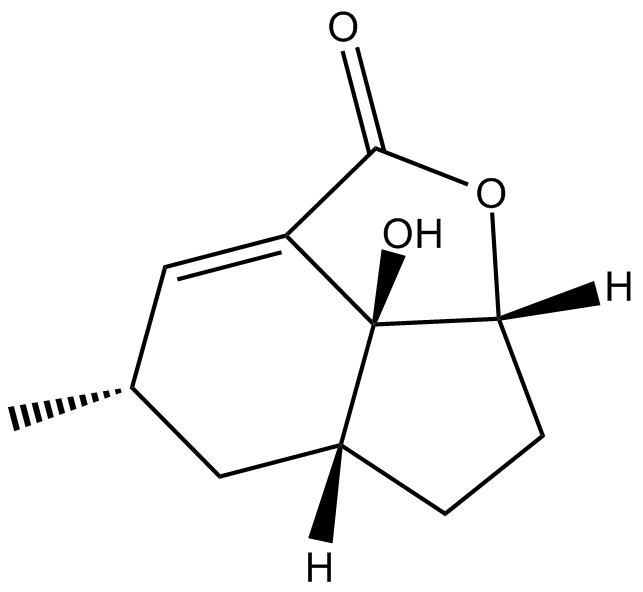 C4650 GaliellalactoneSummary: 抑制IL-6介导的JAK/STAT信号转导
C4650 GaliellalactoneSummary: 抑制IL-6介导的JAK/STAT信号转导 -
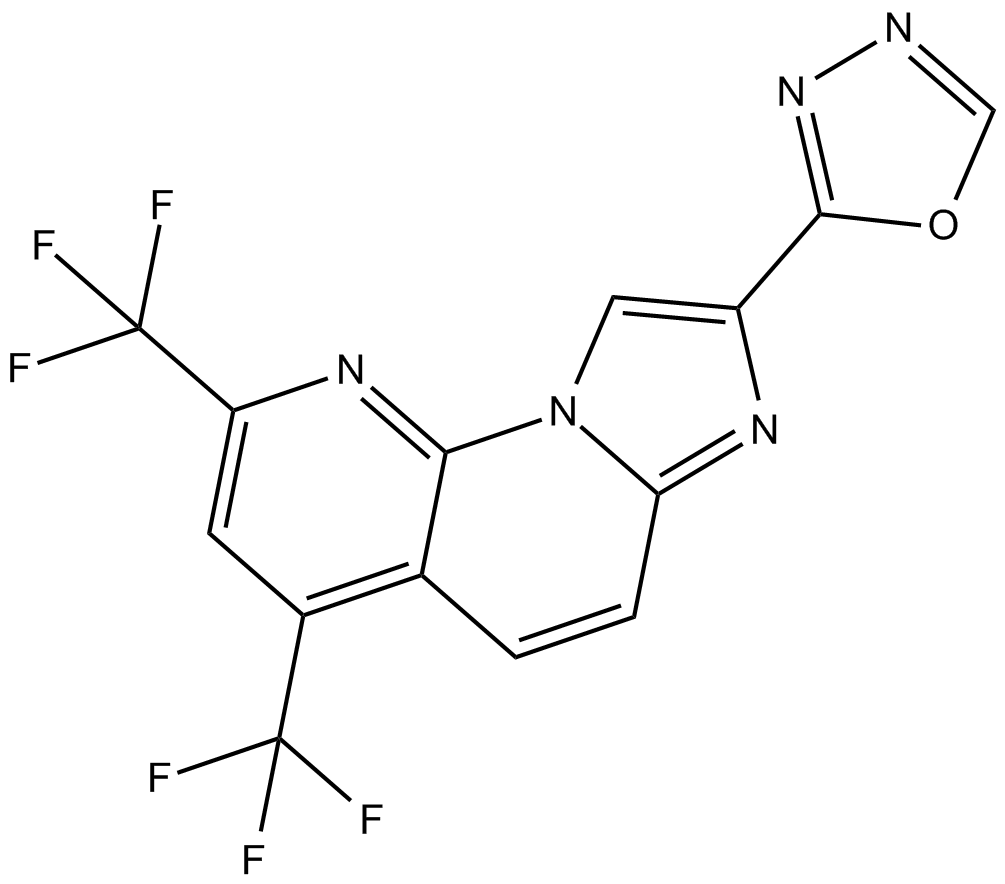 C4533 RO8191Summary: IFN-α受体2激动剂
C4533 RO8191Summary: IFN-α受体2激动剂 -
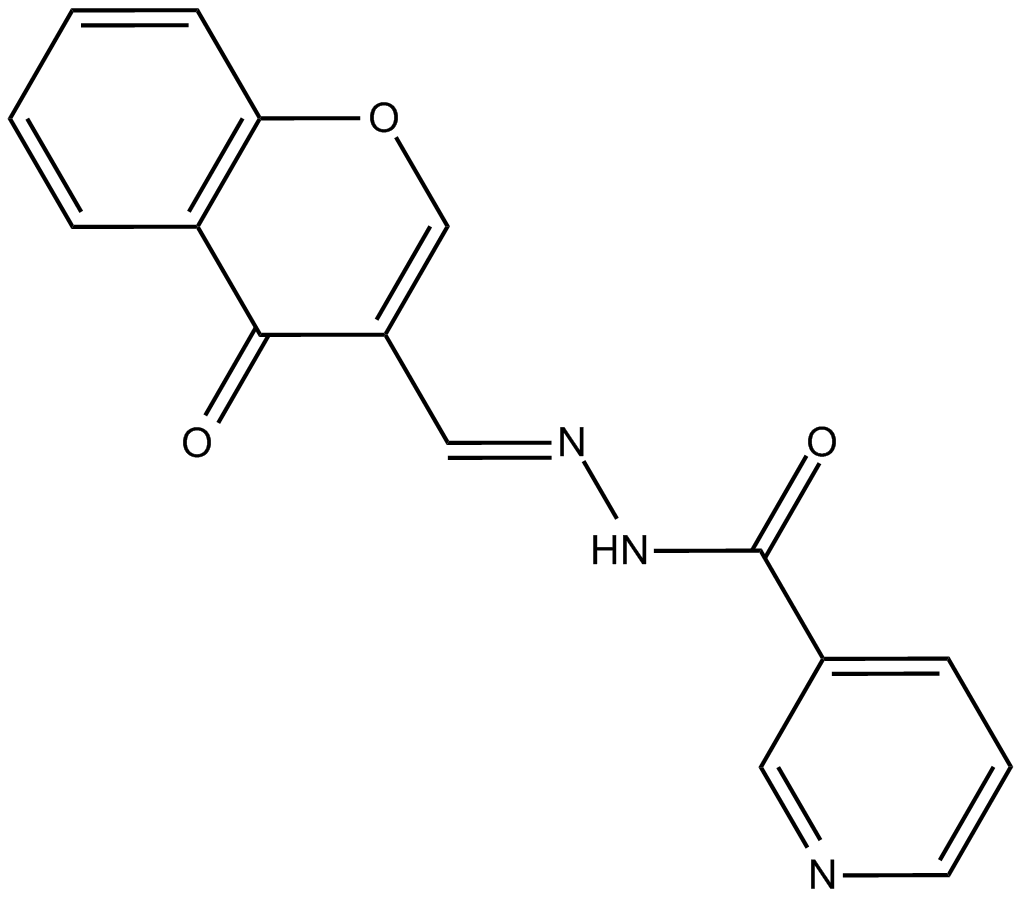 C4105 STAT5 InhibitorSummary: STAT5抑制剂
C4105 STAT5 InhibitorSummary: STAT5抑制剂 -
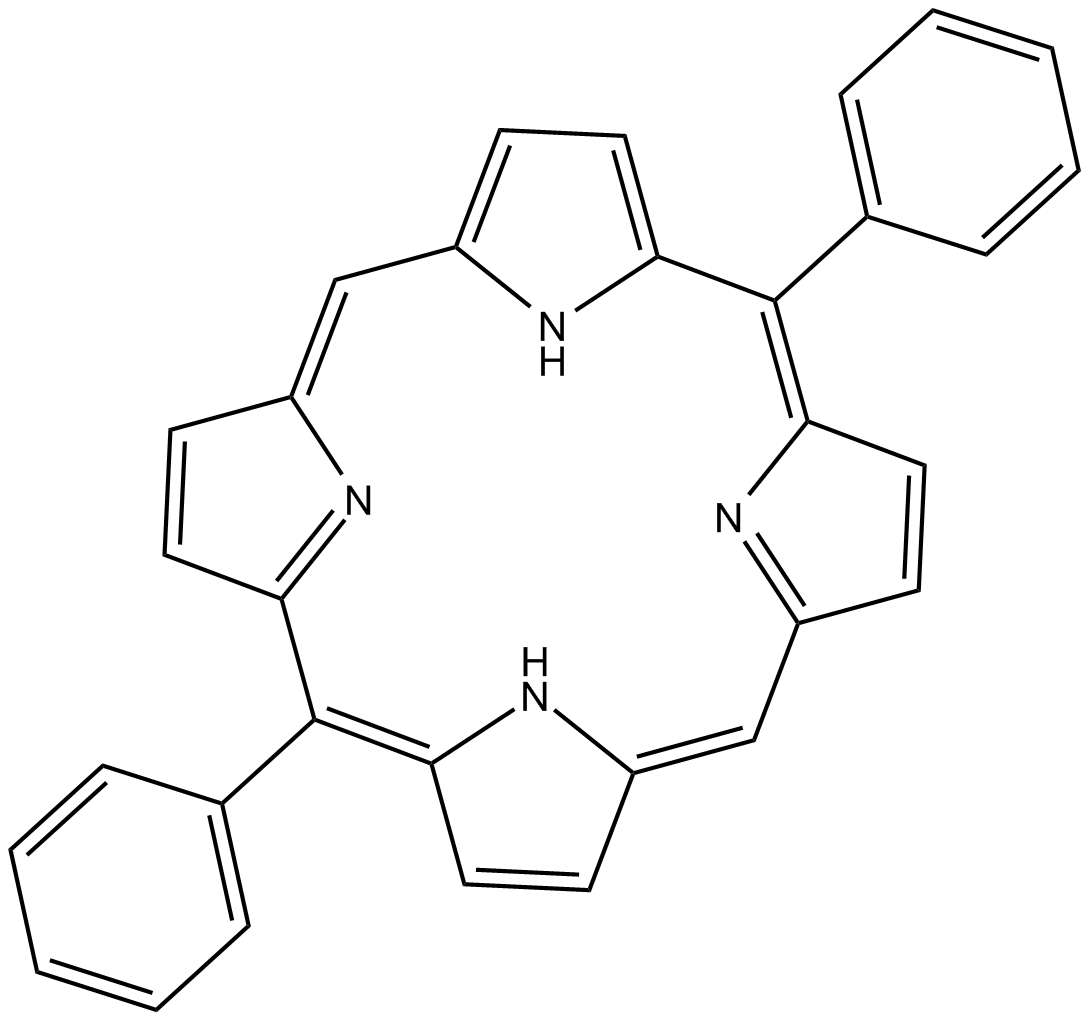 C3975 5,15-DPPSummary: STAT3抑制剂
C3975 5,15-DPPSummary: STAT3抑制剂 -
 B7802 APTSTAT3-9RSummary: STAT3抑制剂
B7802 APTSTAT3-9RSummary: STAT3抑制剂 -
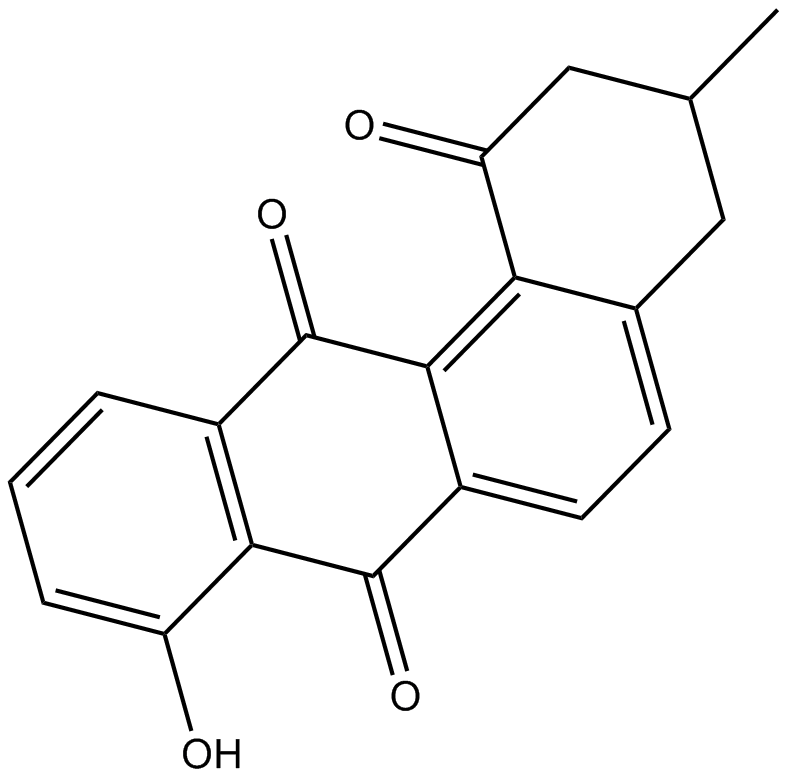 B6175 STA-21Summary: STAT3抑制剂
B6175 STA-21Summary: STAT3抑制剂 -
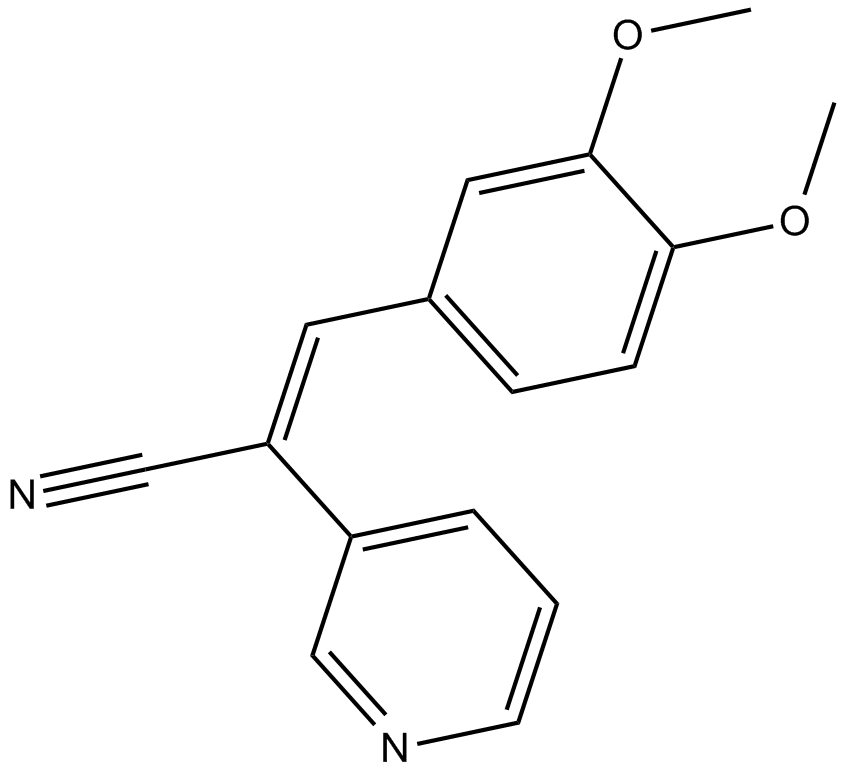 B6115 RG 13022Summary: EGFR酪氨酸激酶抑制剂
B6115 RG 13022Summary: EGFR酪氨酸激酶抑制剂 -
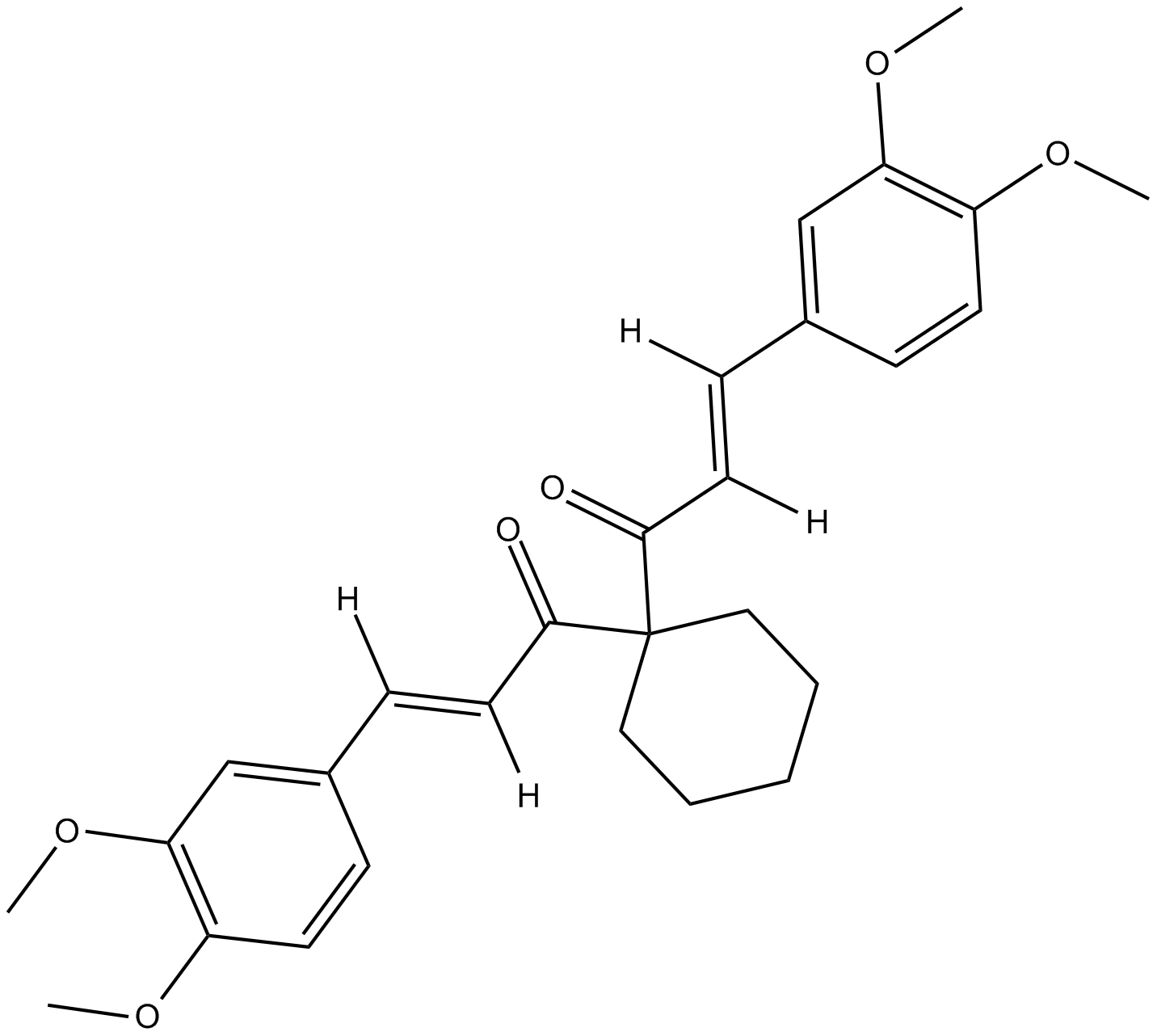 B5999 FLLL32Summary: STAT3抑制剂
B5999 FLLL32Summary: STAT3抑制剂

